Amini, also known as Jina, is a 22-year-old woman from Kurdistan province who came to the capital Tehran with her family.
She was leaving a metro station in Tehran with family members when she was arrested by Iranian morality police for not complying with mandatory hijab regulations, which were imposed shortly after Iran's 1979 Islamic Revolution.
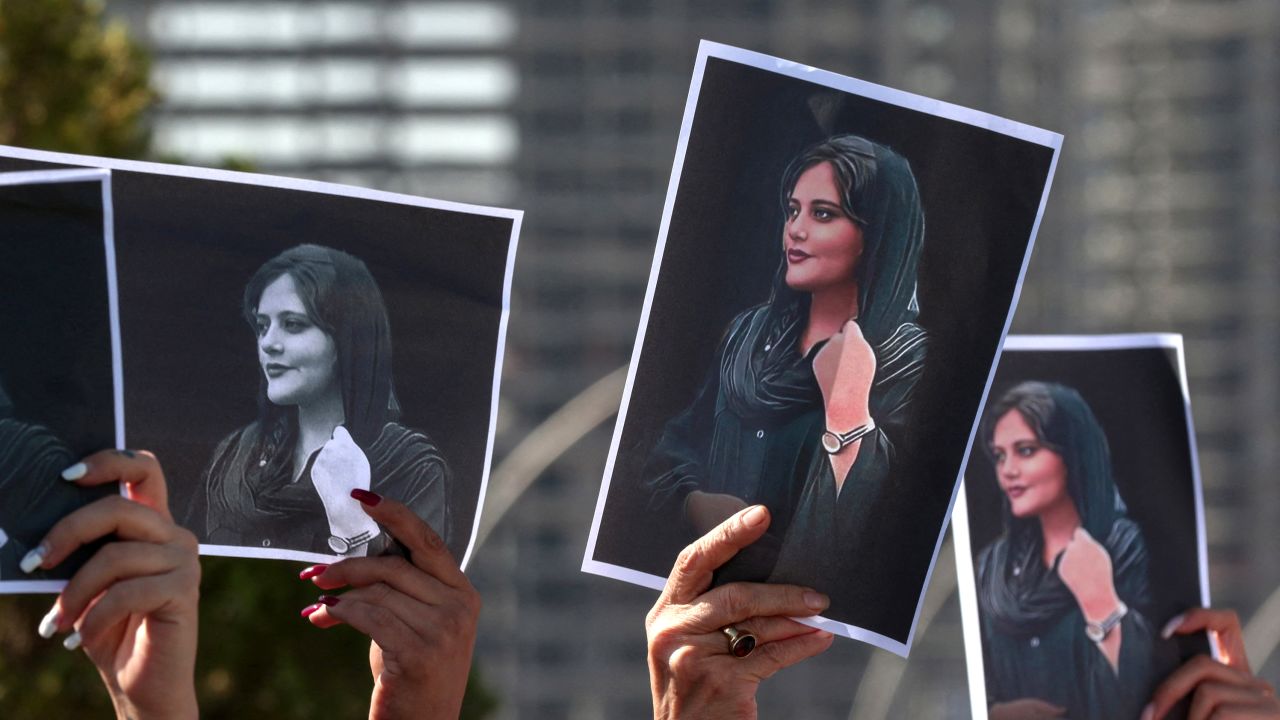
Protesters carry pictures of Mahsa Amini, who died after being detained by Iran's morality police on September 16, 2022. Photo: CNN
She was loaded into a van and taken to a re-education center where women are instructed on how to dress appropriately. Surveillance video released by Iranian law enforcement showed her collapsing while there and being taken to a hospital, where she died a few days later.
Iranian authorities say she had a pre-existing medical condition, but her parents dispute that and say she may have been beaten.
A protest first formed in front of the hospital where she was taken in Tehran, followed by protests in her hometown of Saqqez, then spreading to cities and towns across the country.
More than 500 people, including at least 70 minors, have been killed in the protests, according to organizations. The official death toll announced by the Iranian government is more than 200.
Thousands of people were also arrested during the protests, most of whom were released after being pardoned by Supreme Leader Ali Hosseini Khamenei in February.
But some people, including journalists, remain in prison. In addition, seven people have been executed after being convicted by Iranian courts in protest-related cases.
In Iran, many women have chosen to change the way they dress and abandon the headscarf. But the headscarf remains mandatory under Iranian law and religious teachings, and the government has signaled that this will not change.
A new hijab law is expected to be approved soon, which lawmakers say could introduce new penalties for women found guilty of violating it.
Internet access continues to be restricted in Iran. All major global messaging and social media platforms, along with many websites, have been blocked.
On Friday and Saturday, security forces, including special anti-terrorism forces, were deployed to several main squares and streets of Tehran city.
Speaking in a television program earlier this week, Intelligence Minister Esmaeil Khatib reiterated Iran's stance that "riots" and "terrorism" activities in Iran were incited and supported by foreign actors, especially from the West.
Iranian media on Saturday carried multiple reports of “networks of rioters and vandals” being dismantled in several cities in the country.
Mai Anh (according to Al Jazeera, AFP)
Source


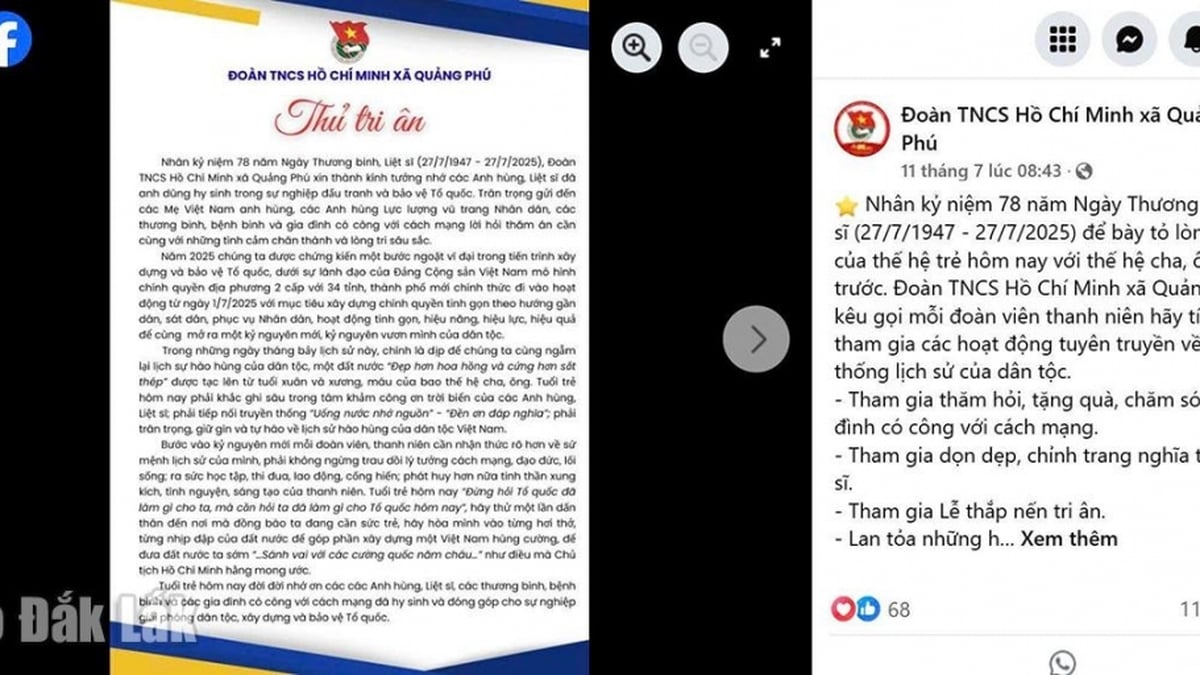
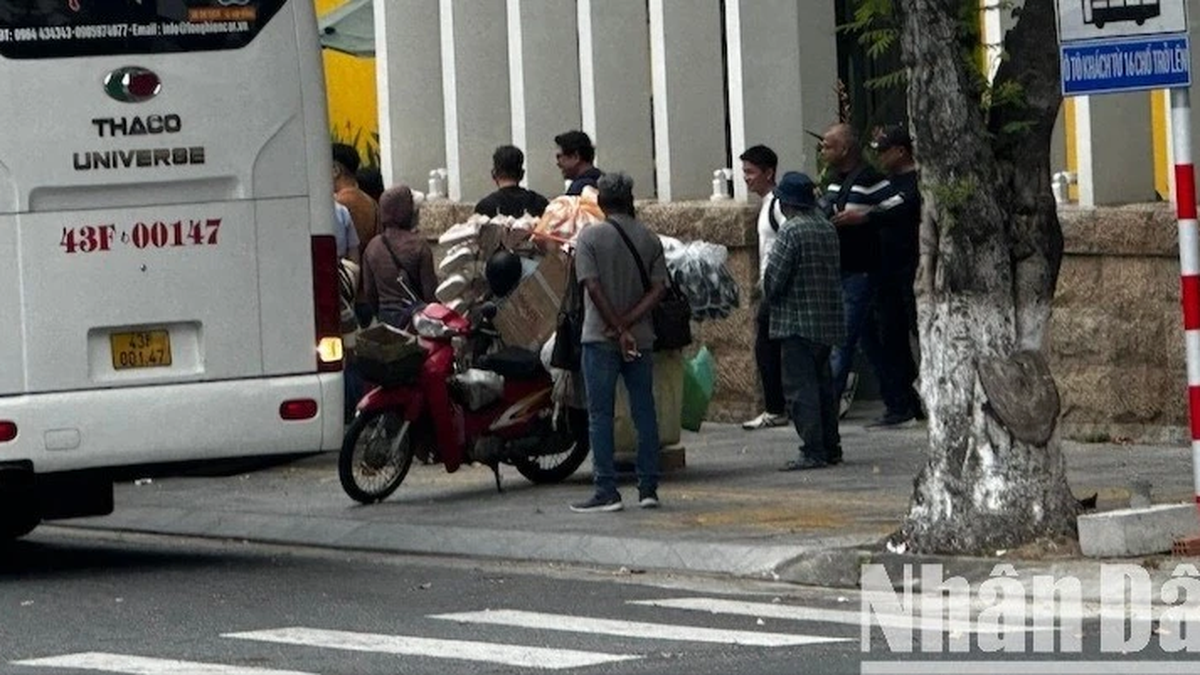

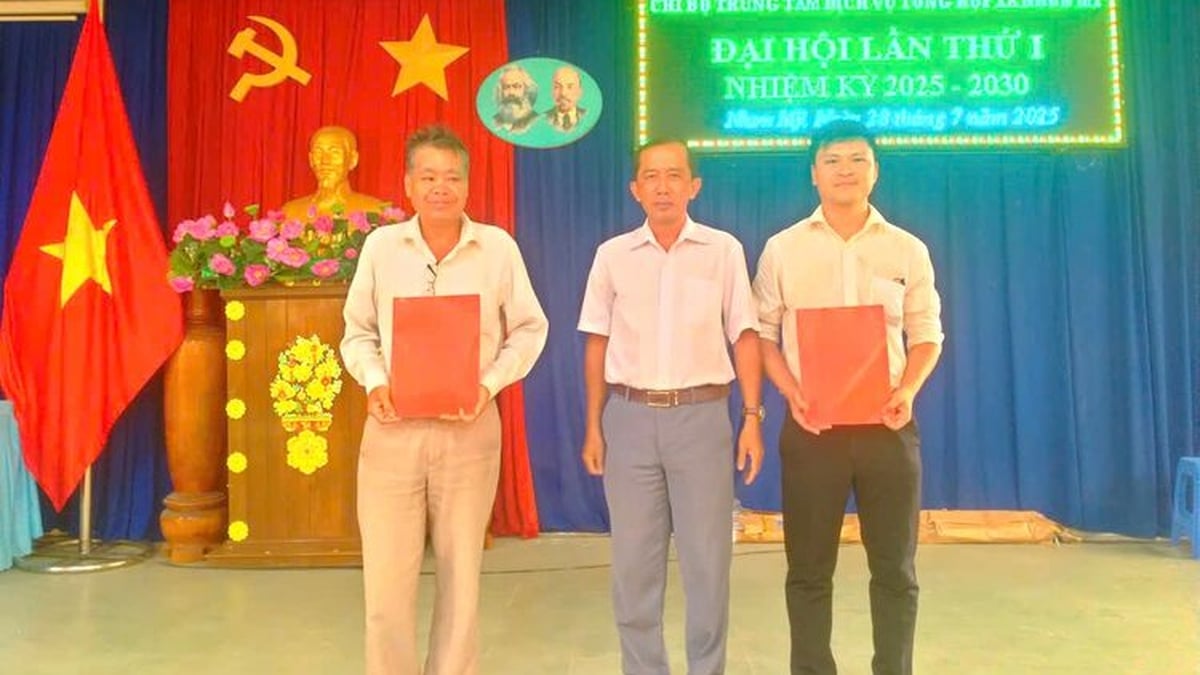
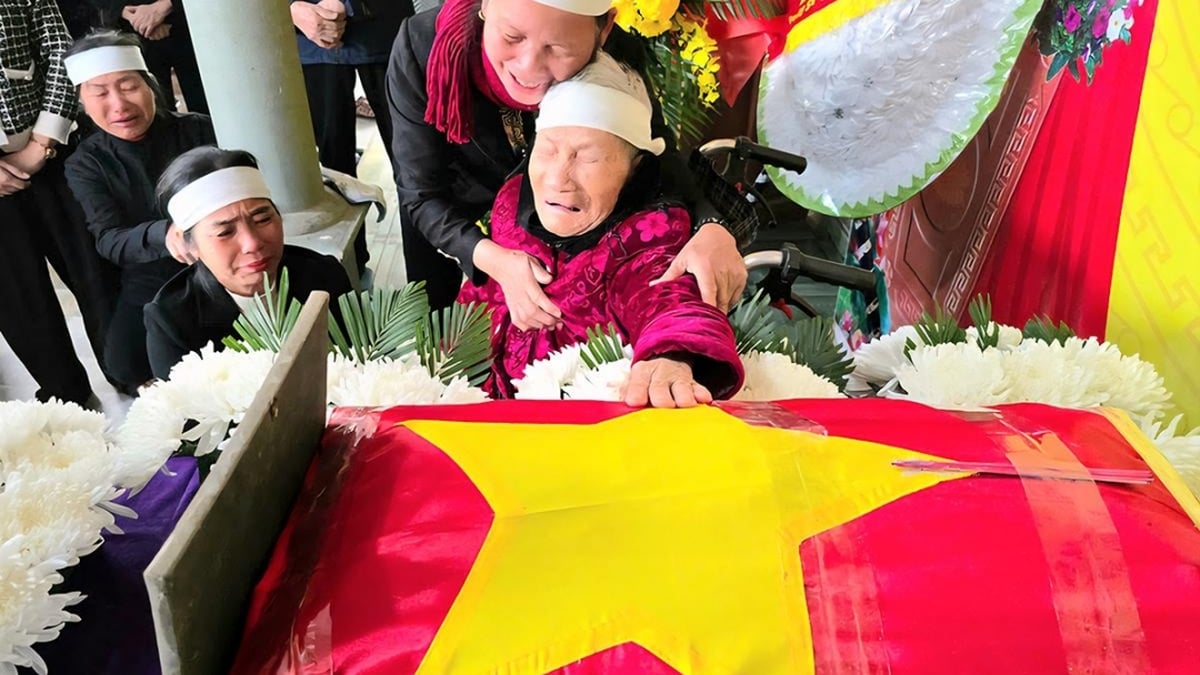
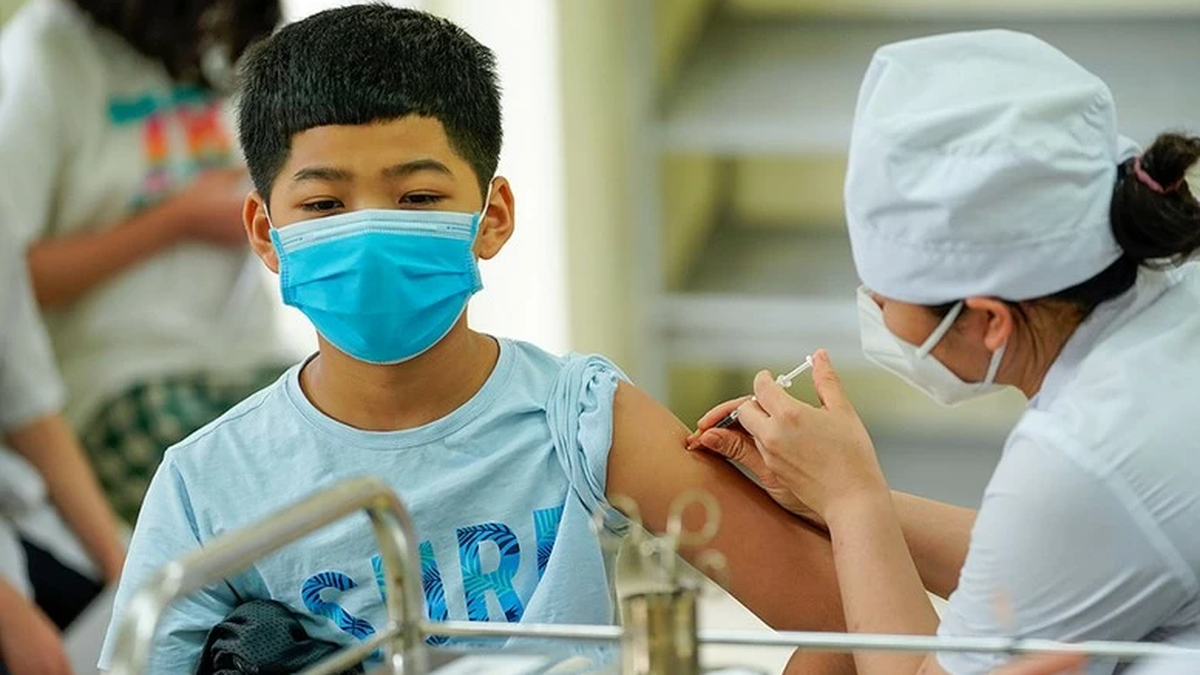
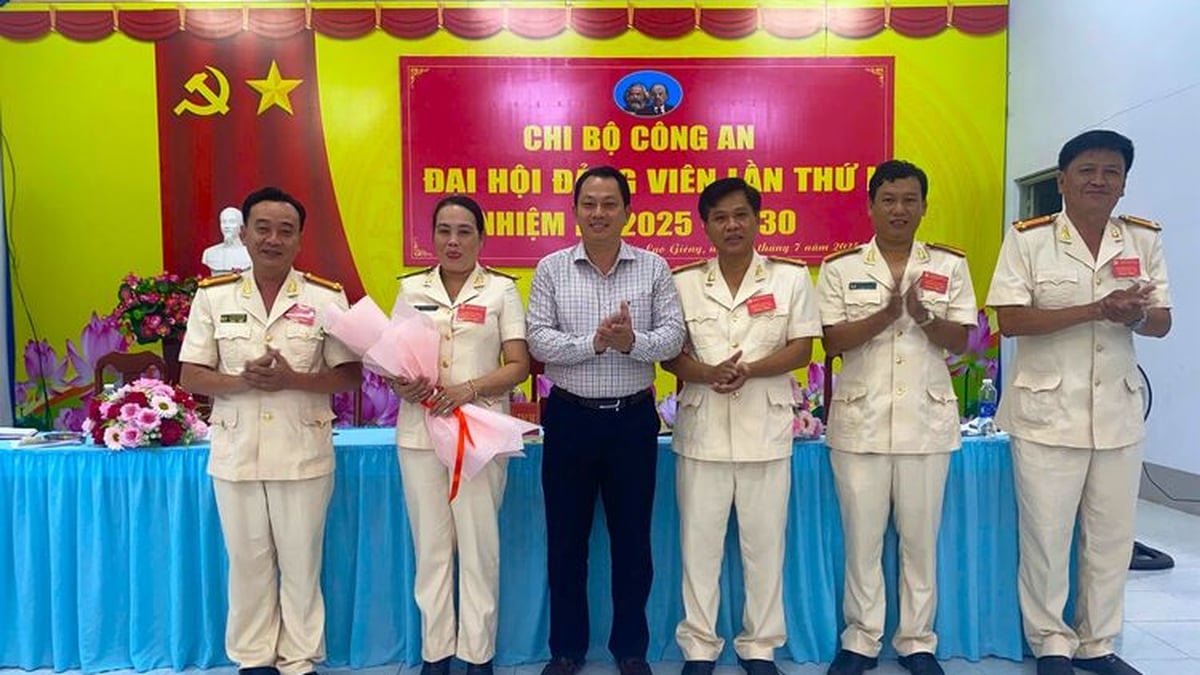
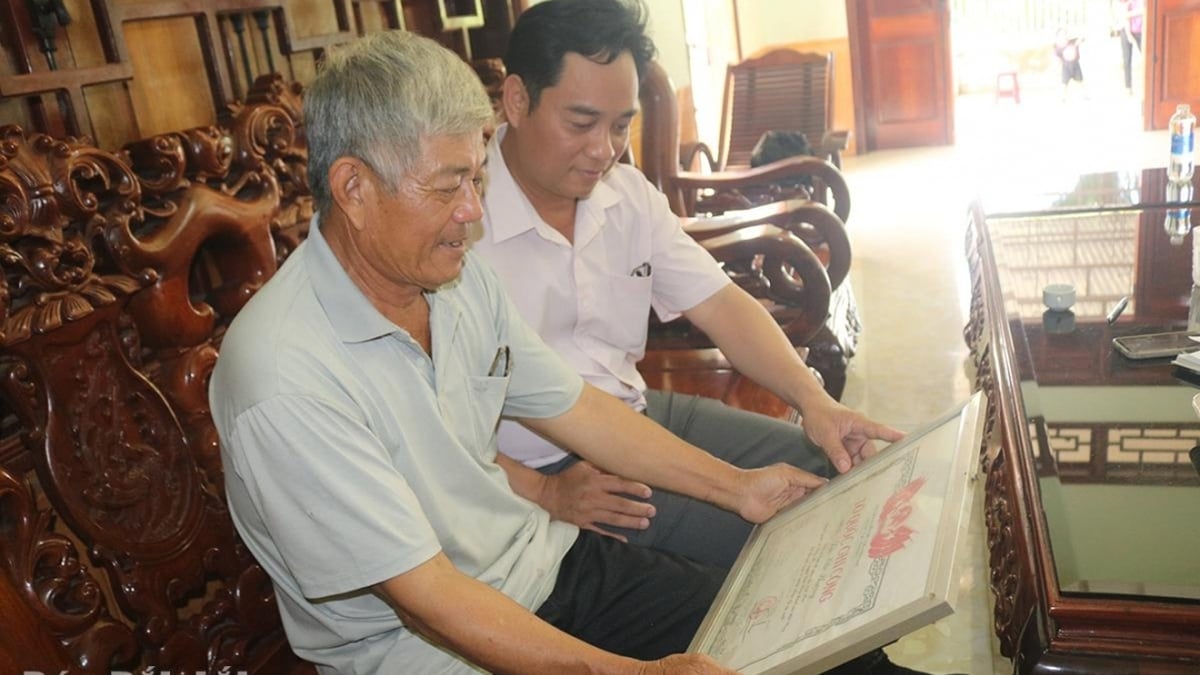
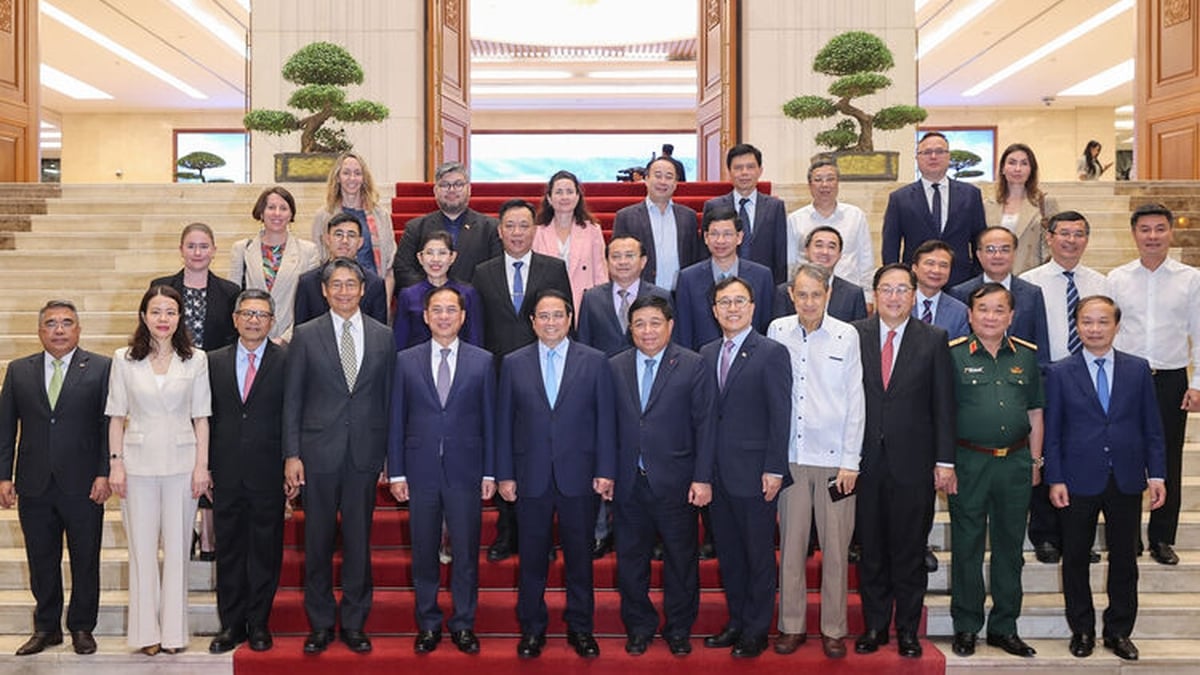
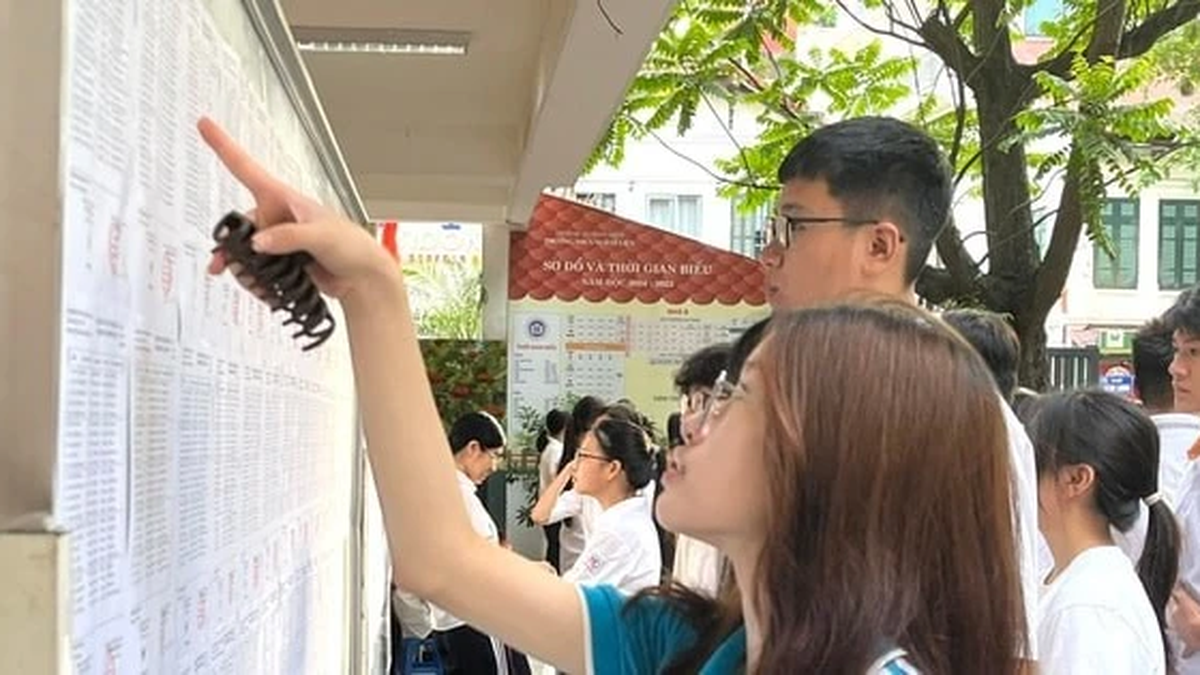













![[Photo] National Assembly Chairman attends the seminar "Building and operating an international financial center and recommendations for Vietnam"](https://vphoto.vietnam.vn/thumb/1200x675/vietnam/resource/IMAGE/2025/7/28/76393436936e457db31ec84433289f72)











































































Comment (0)